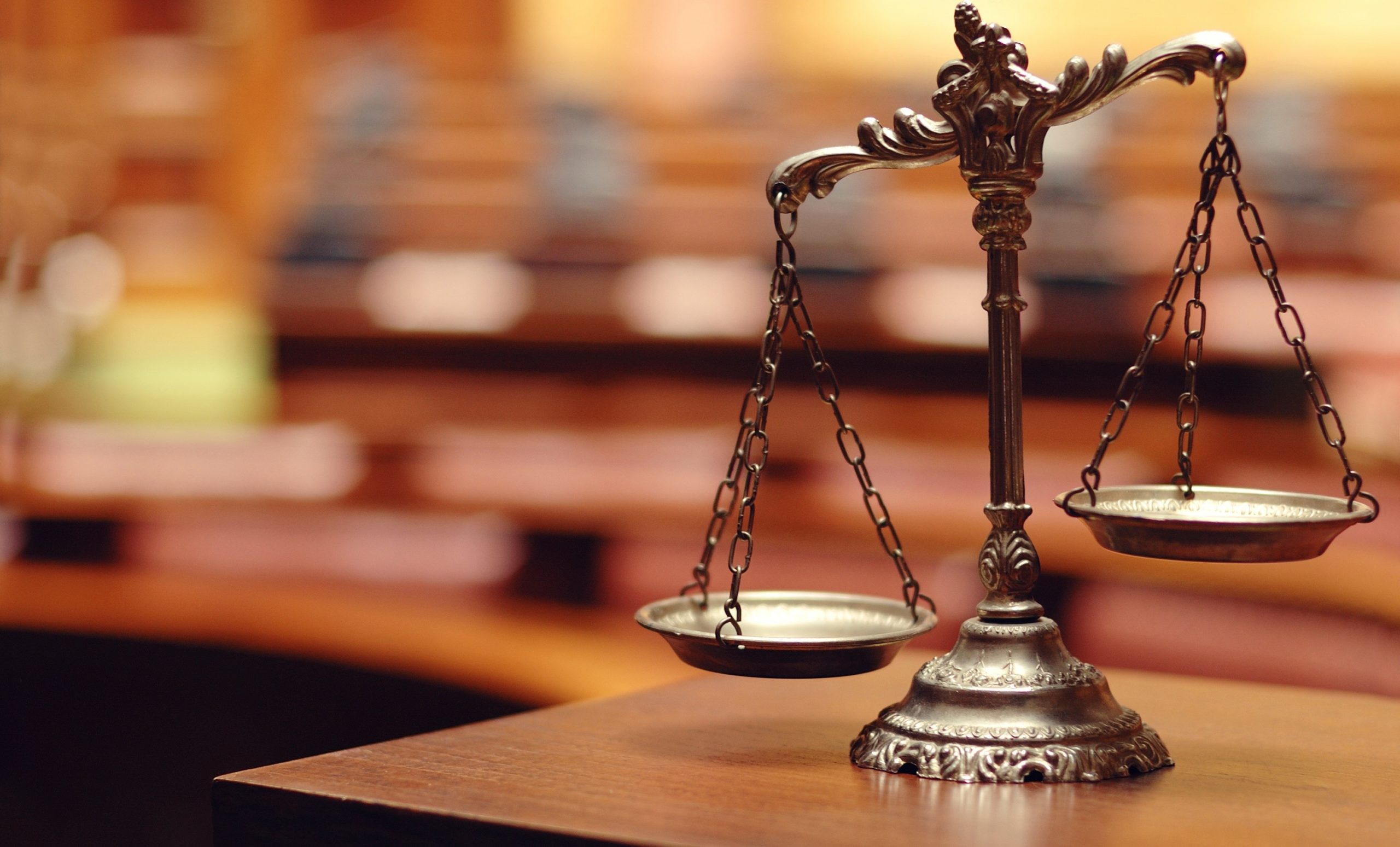
A Kumasi High Court, presided over by Her Ladyship Dikro Ofori, has set aside judgement of a District Court, also in Kumasi, against one Akaveli, a tailor by profession.
The decision by the high court follows an appeal filed by Akaveli, after the district court, sometime in 2020 ruled in a case between Akaveli and the Kumasi Metropolitan Assembly (KMA), ordering the former to take off his unauthorised temporary structure in front of a cocoa shed in the Metropolis.
Aggrieved and unsatisfied with the decision, the tailor filed an appeal at the Kumasi High Court praying the court that the judgment of the lower court could not be supported by the evidence on record.
Additionally, Akaveli argued in his appeal that the judgment of the District Court was “unreasonable as he was not given a fair trial and as such occasioned a substantial miscarriage of justice.”
The High Court, which heard the appeal, presided over by Her Ladyship Priscilla Dikro Ofori, disagreed with the ruling of the lower court, describing it as wrong in law.
According to the ruling, the appellant in the case pleaded not guilty during the trial at the lower court, and maintained this position but he was ordered to remove his unauthorised temporary structure in front of the cocoa shed.
“I hold that the trial Magistrate acted in excess of her jurisdiction by not following the laid down procedure spelt out by law to try the accused person before passing judgment in the case,” the judge ruled.
According to Her Ladyship Dikro Ofori, her court has supervisory jurisdiction over lower courts, which include the District Court and the Circuit Court, by virtue of ARTICLE 141 OF THE 1992 CONSTITUTION.
She subsequently set aside the ruling of the lower court.
“And in the exercise of that supervisory jurisdiction, I set aside the judgment/ruling of the District Court, Kumasi, dated 10th day of August, 2020 as wrong in law.
I order that, the appellant be put before another District Court on same charges and tried. No cost is awarded.”
According to the judgement, both Counsel upon the orders of the honourable court filed written submissions and advanced their respective cases and supported their submissions with legal authorities, adding that she has considered their various submissions before coming out with the judgment.
Her Ladyship Dikro Ofori mentioned in her ruling that with regard to appeal, be it Civil or Criminal, the principle of law is well settled that, emphasising “appeal is by way of re-hearing the case. And what it means is that; the appellate court assumes the jurisdiction of the trial court and is entitled to examine the entire record of appeal, including the testimonies of the witnesses and the judgment and the orders made by the trial court and by so doing, the appellate court has the power to either maintain the conviction and sentence of the trial court, set it aside and acquit and discharge the appellant, increase the sentence, reduce the sentence or order for retrial.”
Backing her ruling, she cited the following articles and cases in her ruling;
ARTICLE 140(5) OF THE 1992 CONSTITUTION AND SECTIONS 15(2) AND 30(A) OF THE COURTS ACT, 1993, (ACT 459).
DEXTER JOHNSON VRS. THE REPUBLIC (2011) 2 SCGLR 601; HENRY KWAKU OWUSU VRS THE REPUBLIC (2016)98 GM.J 95 AND APALOO VRS THE REPUBLIC (1975) 1 GLR 156 in her report.
“In line with the above legal authorities, I have evaluated or examined the record of appeal in totality as the appeal is against the whole decision taken by the trial Magistrate.
“And having evaluated the record, the record revealed that the appellant was charged with two criminal offences as indicated in the beginning of this judgment.
“The record further revealed that, the appellant’s plea was taken on the charges preferred against him and he pleaded not guilty to the charges.”
However, Her Ladyship Priscilla Dikro Ofori inidcated in her ruling that there is no evidence on record that the appellant has been tried in accordance with the procedure laid down in SECTION 171 (4) OF ACT 30 – with regard to plea of guilty by accused person.
And also, there is no evidence that, the appellant has changed his plea of not guilty to guilty, for the court to proceed to deal with the appellant in accordance with SECTION 171 (3) OF ACT 30.
The High Court ruling further explained that despite the fact that the appellant was not tried based on his plea of not guilty and has not changed his plea to guilty, the District Magistrate on the 10th day of August 2020 decided to use her discretion to deal with the appellant by passing judgment in the matter, after she asked the appellant to produce his permit and he produced a permit obtained during the pendency of the suit before the court.
“The District Magistrate, upon that permit, ordered the appellant to remove his unauthorised temporary structure in front of the cocoa shed.”
The post High Court sets aside ruling against Akaveli appeared first on The Ghanaian Chronicle.
Read Full Story








Facebook
Twitter
Pinterest
Instagram
Google+
YouTube
LinkedIn
RSS